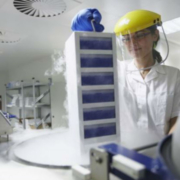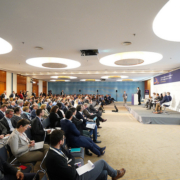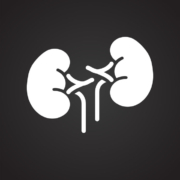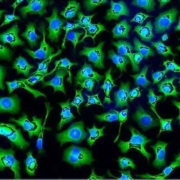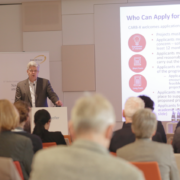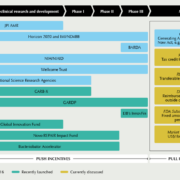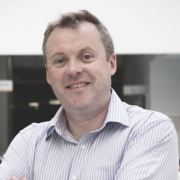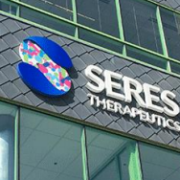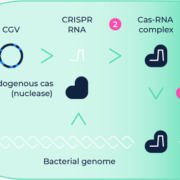After positive preliminary results of Sotio’s SOV02 trial in ovarian cancer had been presented last year, the final analysis confirmed the survival benefits. The Czech biotech company now plans to initiate a global Phase III study with its autologous cell-based immunotherapy also in this indication.
ADVERTISEMENT
More than 330 experts joined the 2-day AMR Conference 2019 in Berlin. They called for rapid capital investments and economic incentives in the fight against antimicrobial resistance (AMR).
Researchers at Celldex Therapeutics, Inc and Nerviano Medical Science Srl report elimination of the most common childhood cancer by an ADC in xenografted mice expressing either wild-type or mutated ALK.
Global antibacterial innovation network CARB-X announced during an AMR business conference in Berlin that Germany has joined the CARB-X partnership.
Financing of AMR innovation is shifting gears in early 2019. US AMR accelerator CARB-X has expanded its global reach, the Novo REPAIR impact fund reflects on their first and upcoming investments, and the British Government is underway to take first steps for a pull mechanism this year. During the Novel Antimicrobials and AMR Diagnostics conference in mid-March in Berlin, 300 international AMR experts will discuss the status quo.
Antimicrobial resistance (AMR) is a global threat, particularly given the modest activity in the pipeline of new antimicrobials in development, and emerging resistance to existing antibiotics. In 2016, Lord Jim O’Neill published a globally-focused review on AMR, which highlighted the lack of incentives for new antimicrobial development and encouraged a worldwide system of push’ and pull’ incentives to stimulate new drug development.
Why the US AMR accelerator aims to expand its reach in Europe to support antibacterial R&D, and why it is important to bundle global resources, explains Kevin Outterson, Executive Director of CARB-X.
Under a three-year agreement, British pharma giant AstraZeneca plc pays €20m and R&D costs to Seres Therapeutics Inc, which will identify patterns in the microbiome predicting therapy response to cancer immune therapies.
Copenhagen-based SNIPR BIOME Aps raised €43m in a series A financing led by seed investor Lundbeckfonden Emerge (Copenhagen) and LSP and co-financed by North-East Family Office (Copenhagen) and Wellington Partners (Munich).


